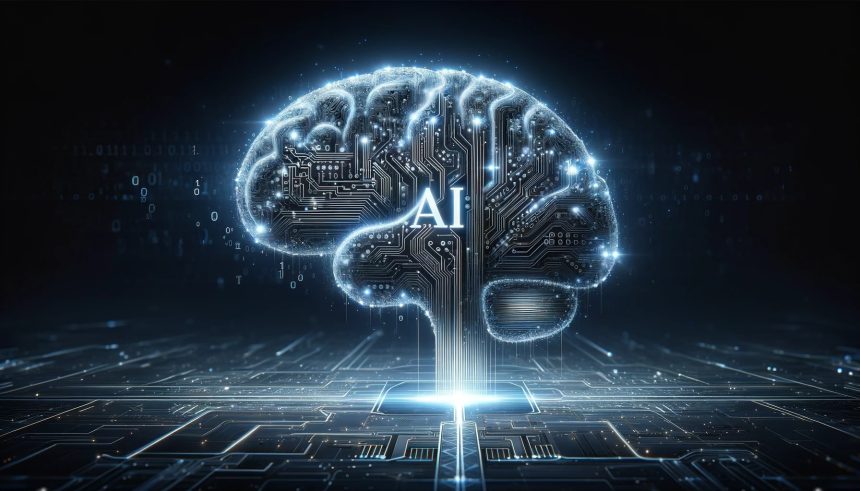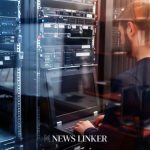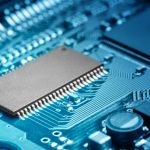Geoffrey Hinton and John Hopfield have been honored with the Nobel Prize in Physics for their significant contributions to artificial neural networks. Their pioneering research has propelled advancements in artificial intelligence, influencing various technological and scientific fields. This prestigious award recognizes the critical role their work plays in the evolution of machine learning and its applications worldwide.
Reports from previous years have consistently highlighted Hinton and Hopfield’s foundational work in neural network research at institutions like Google. This latest accolade underscores the enduring impact and continued relevance of their contributions, reflecting the profound advancements in AI since their initial discoveries.
What Did Hinton and Hopfield Achieve?
The laureates developed essential models that emulate the human brain’s architecture, enabling machines to learn and interpret data more efficiently.
“In physics we use artificial neural networks in a vast range of areas, such as developing new materials with specific properties,”
stated Ellen Moons, chair of the Nobel Committee for Physics. Hinton’s work on the Boltzmann machine and Hopfield’s invention of the Hopfield network have been fundamental in training neural networks, facilitating improvements in image recognition and complex pattern analysis.
How Will the Prize Money Be Utilized?
Hinton and Hopfield will share the Nobel Prize’s 11 million Swedish krona, approximately $1 million. This funding is anticipated to further their research endeavors, potentially leading to new breakthroughs in artificial intelligence and its integration into various industries.
What Are Hinton’s Concerns About AI’s Future?
“There’s regret where you feel guilty because you did something you knew you shouldn’t have done, and there’s regret where you did something you would do again in the same circumstances but it may in the end not turn out well,”
Hinton expressed during the Nobel Prize announcement ceremony. He emphasizes the necessity for stringent regulations to ensure the safe and ethical development of AI systems by organizations like OpenAI.
With this Nobel Prize, Hinton and Hopfield’s work gains further recognition, highlighting the importance of ethical considerations alongside technological progress. Their achievements not only honor their dedication but also set a precedent for responsible innovation in the field of artificial intelligence.










